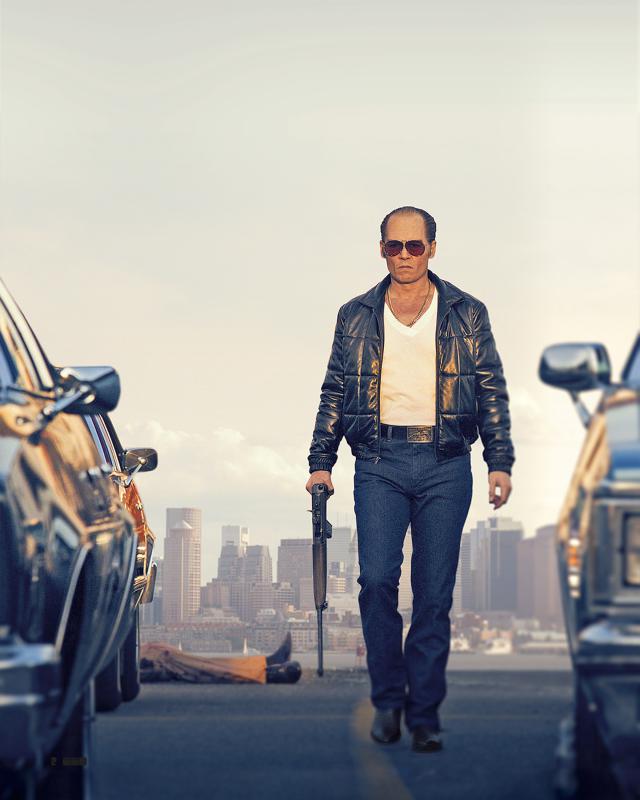Almost from the get go, movies and crime have been a natural pair.
Perhaps it’s the voyeuristic nature of the medium, where to some degree we’re all just looking through a one-way mirror, that draws us to stories of sin and violence — we get all the adrenaline with none of the danger. Or maybe movies are simply another, newer, version of Aesop’s fables, warning us against our own darker impulses. Or maybe we’re just the crowd at the modern Coliseum, ready for blood.
Whatever the case (or, more likely, cases), cinema has a great rap sheet. But within the larger genre of crime movies, the mob movie has proved to be its own very rich vein. There are certainly early entries in the genre that are worth tracking down — Little Caesar and Scarface (Howard Hawks’ 1930s version), for instance, are great exemplars of the early years of organized crime movies — but for most filmgoers today the mob movie has largely been defined by Francis Ford Coppola’s The Godfather. Most of the hits that have followed — Goodfellas, Donnie Brasco, The Departed — have borrowed heavily from that film’s multilayered story and rich characterizations, resulting in something of a Golden Age for mob movies.
This week, another film joins the field when Black Mass screens at area theaters. A dramatized take on the history of Boston mobster James “Whitey” Bulger (played by Johnny Depp) and his unusual alliance with FBI agent and childhood friend John Connolly (played by Joel Edgerton of Zero Dark Thirty), its story is an almost Shakespearean take on corruption and the thirst for power.
When Connolly persuades Bulger to collaborate with the feds in order to take out the Italian mob, he ends up giving the Irish gangster the chance he needs to consolidate his own power in Boston. Bulger, who famously evaded capture for decades until his recent arrest, would become one of the most ruthless crime lords in Boston’s history.
It’s nice to see Depp, who appears here with a Hunter S. Thompson style bald patch, playing a character who doesn’t rely as much on caricature as some of his more recent roles. He has help too from Benedict Cumberbatch (the BBC’s Sherlock) as William Bulger, Whitey’s brother, who was president of the Massachusetts Senate for 18 years and later ran the University of Massachusetts, a position he was forced to leave when he refused to testify about his contact with a then-fugitive Whitey.
And if the film world at large is ready for another gangster flick, the Massachusetts crowd is likely to have a particular interest in this story, and it should be interesting to see how it plays in Bulger’s backyard. In some of the old neighborhoods, Whitey is still talked about like some sort of blue collar Robin Hood — upon his capture, a video on the Boston Globe’s website featured one Southie’s response to the news: “He was a mobster, but so what? Everybody’s got an occupation.”
Also this week: The Yiddish Book Center in Amherst screens the documentary Famous Nathan on Sunday, Sept. 20, at 2 p.m. The story of the iconic Coney Island hot dog palace Nathan’s Famous, it comes with a pedigree: filmmaker Lloyd Handwerker is the grandson of Nathan Handwerker, who in 1916 founded the business that would become an institution. The younger Handwerker has spent three decades amassing a treasure trove of family histories and anecdotes that shed new light on the backstory of a quintessentially American place. Far from a simple story of hot dogs and fries, the film delves into Nathan’s upbringing in a poor Polish village, his emigration — alone and with little grasp of the English language — to New York, and his labor of love that, a century later, still evokes the essence of the city.•
Jack Brown can be reached at cinemadope@gmail.com.




